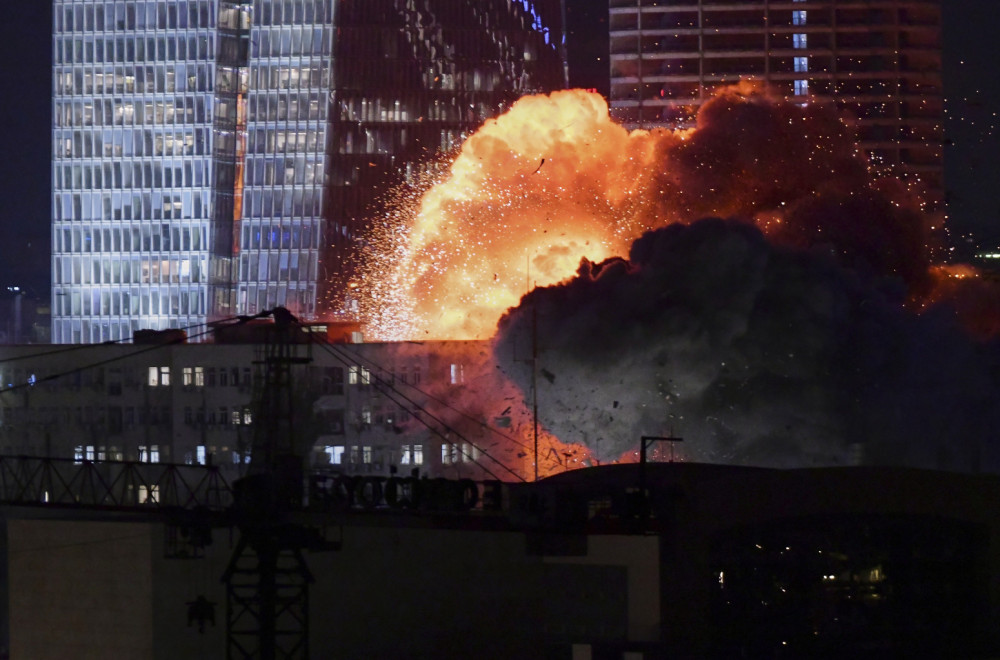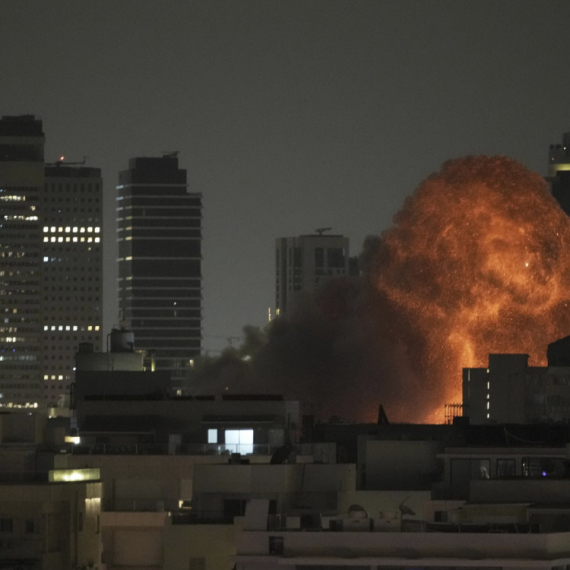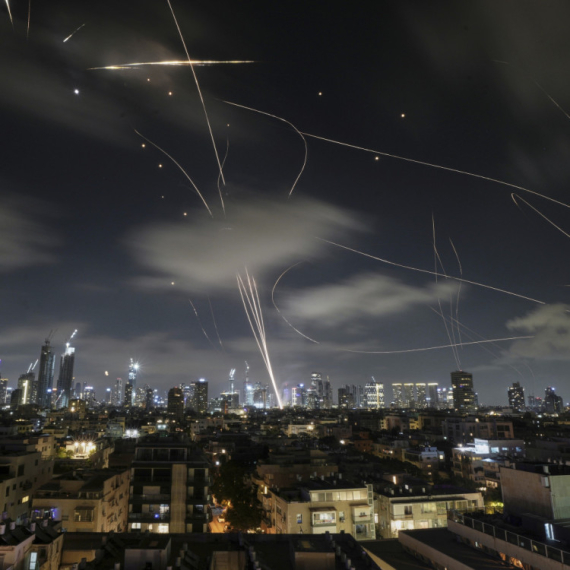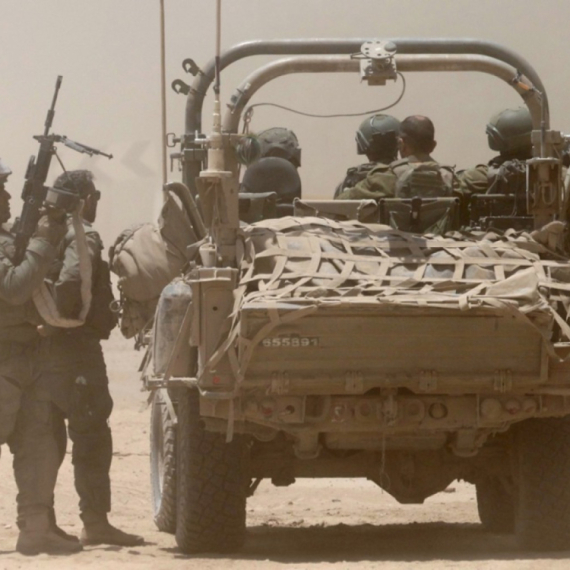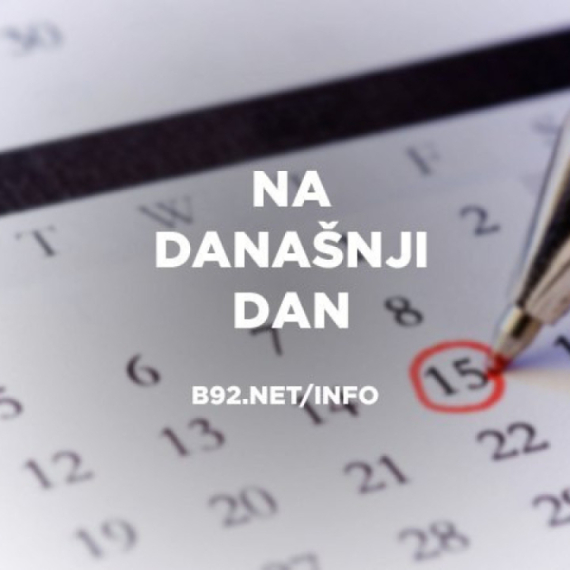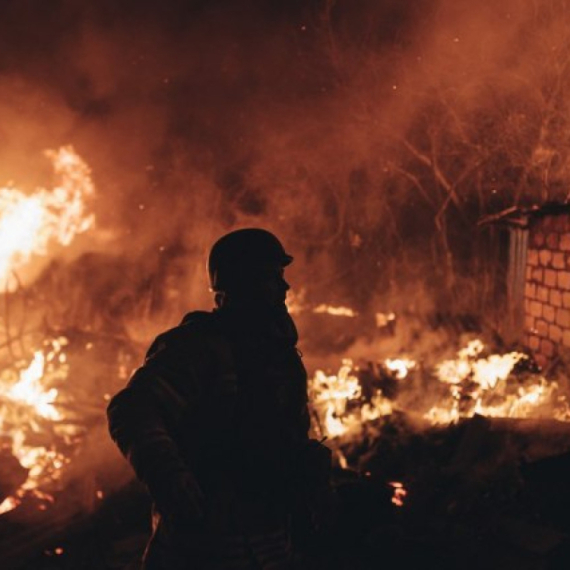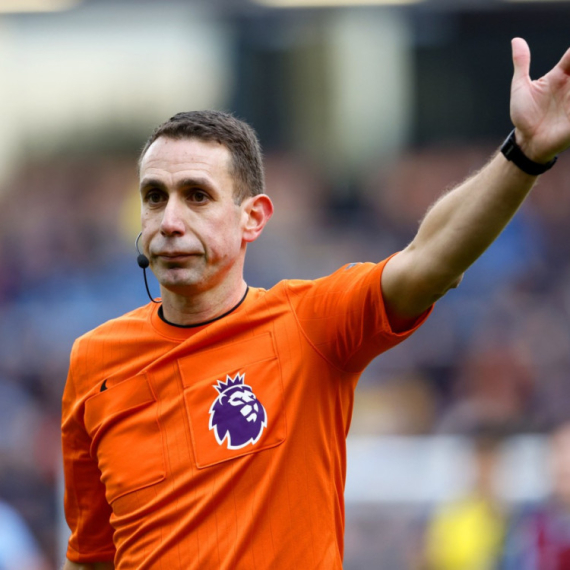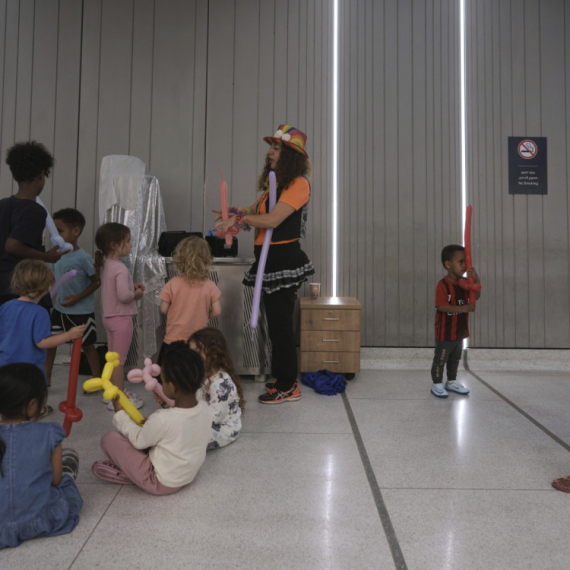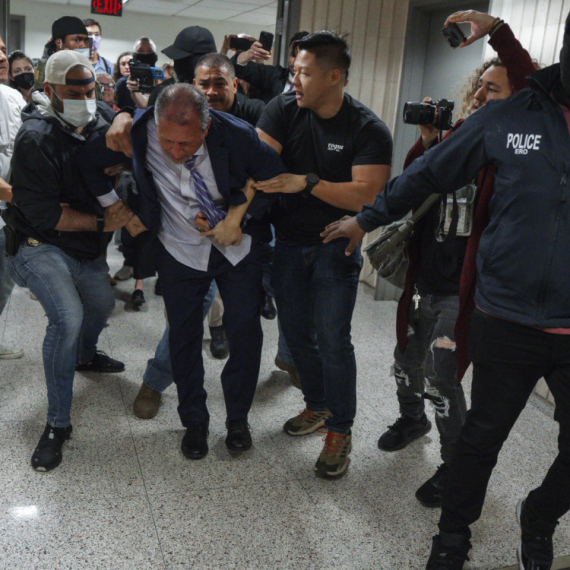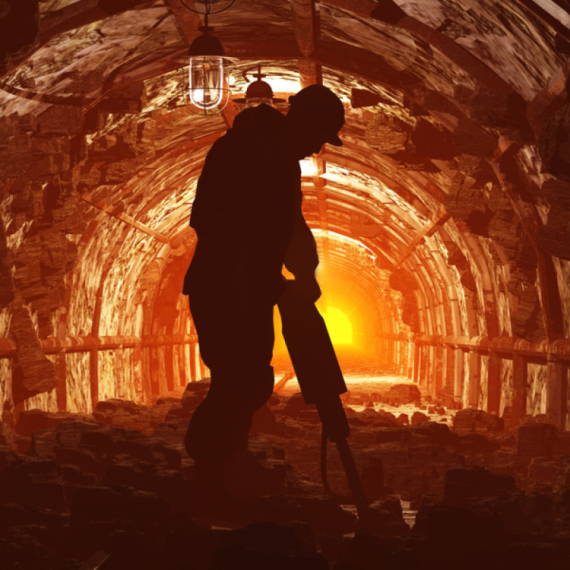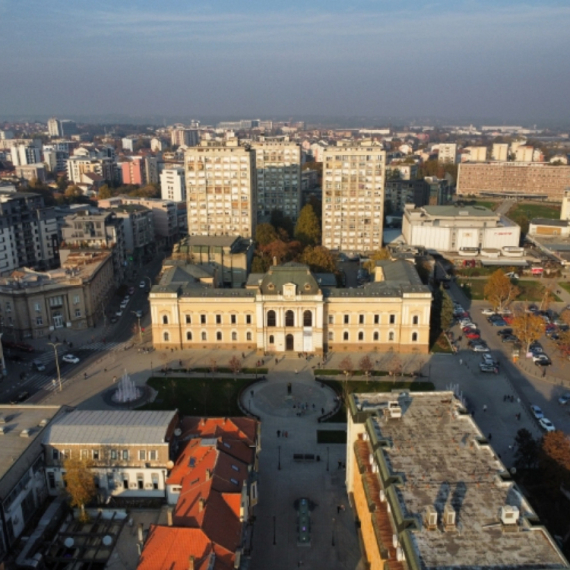The conflict between Iran and Israel has escalated in recent days, with multiple rocket attacks and airstrikes from both sides. The Israeli Defense Forces (IDF) detected new salvos of rockets launched from Iran, while the Iranian Islamic Revolutionary Guard Corps (IRGC) announced new rocket attacks on the occupied Palestinian territories in response to Israeli strikes. The Israeli military claims to have killed the Iranian military chief of staff, while Iran announced it hit the Mossad center in Tel Aviv. The conflict has led to civilian evacuations and airspace closures, with international actors watching the situation with concern. Israeli Prime Minister Benjamin Netanyahu stated that Israeli strikes have significantly set back Iran’s nuclear program, while an Iranian defense spokesperson described the conflict as a forced defensive operation. The situation in the region remains tense, with potential for further escalation.
Political Perspectives:
Left: Left-leaning sources tend to emphasize the humanitarian impact of the conflict, highlighting civilian casualties, the destruction caused by the attacks, and the broader implications for peace in the Middle East. They often criticize military escalations and call for diplomatic solutions and ceasefires.
Center: Center-leaning sources report the facts of the conflict with a focus on the military developments and official statements from both sides. They provide balanced coverage of the events, including the strategic implications and international reactions, without strong bias towards either party.
Right: Right-leaning sources emphasize Israel’s right to defend itself against Iranian aggression and highlight the threat posed by Iran’s nuclear program and military actions. They often support strong military responses and portray Iran as the primary aggressor destabilizing the region.
